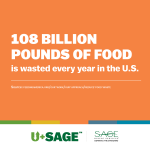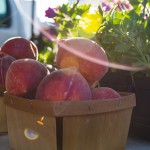The Power of Produce
Nutrition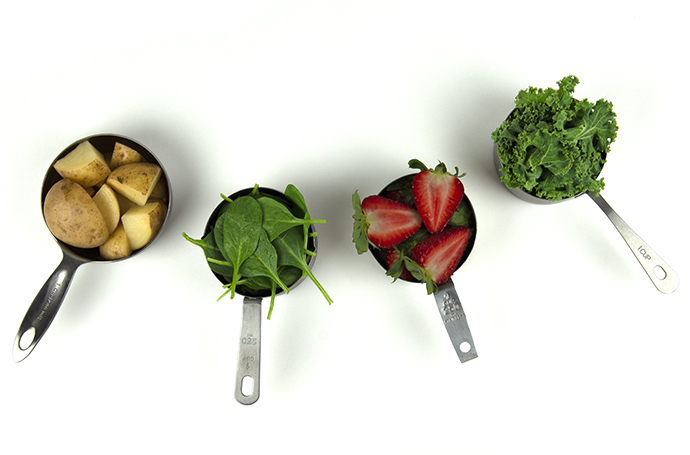
New nutrition trends pop up almost daily, but one thing that has never changed is the recommendation to eat more fruits and vegetables! Physicians, dietitians, and parents have repeated this message — and it’s supported by science. The Dietary Guidelines for Americans recommend consuming about 5 cups of a variety of fruits and vegetables every day. Yet most people fall short. Only 12% of adults and 40% of children regularly meet daily fruit recommendations, and only 9% of adults and...
From Our Kitchen: Chickpea Salad with Feta and Radishes
From Our Kitchen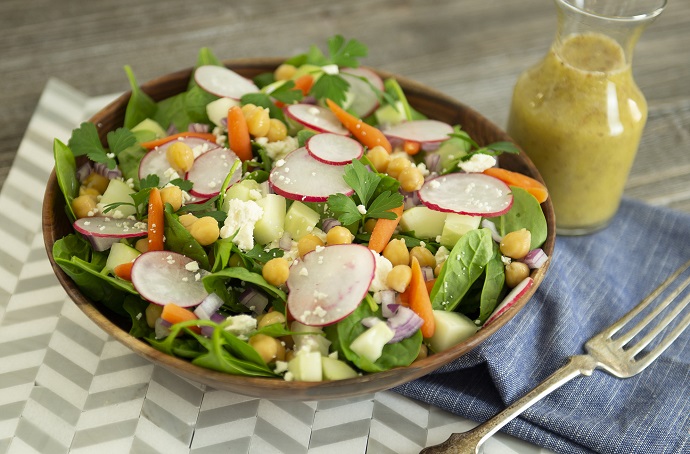
This salad makes a great lunch or side dish. It’s packed with produce and can help you add more vegetable variety to your daily intake. If you’re vegetarian, chickpeas — also known as garbanzo beans — are one of the plant-based proteins you can eat to maintain a balanced diet. If you’re allergic to eggs, you can save the liquid from the canned chickpeas, called aquafaba, to make an allergen-free, vegan egg replacer. Servings: 6 Prep time: 15 minutes Cook...
Food Additives from A-Z: A
Nutrition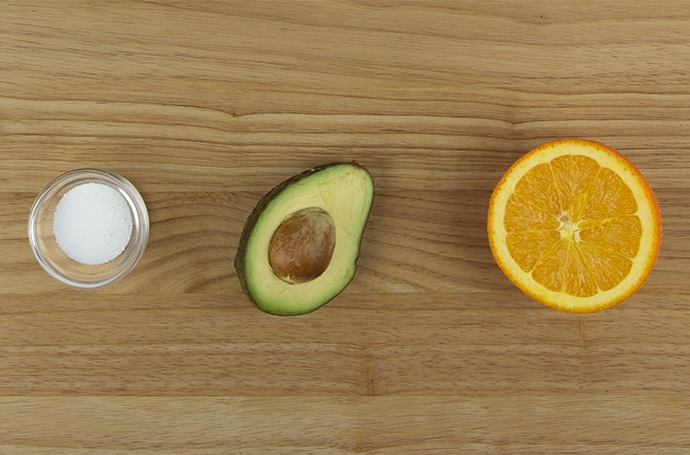
To clear up some of the mysteries behind common food additives, SAGE’s Registered Dietitians are explaining what they are and how they function. This part of our ongoing series covers a few common additives that start with A. Acesulfame potassium (acesulfame-K, Ace-K) This is one of the most common zero-calorie sweeteners. It’s about 200 times sweeter than sugar, and it’s as sweet as aspartame. Ace-K is often combined with other artificial sweeteners to create a flavor that’s closer to that...
Goals to Improve Global Health
Nutrition
The EAT-Lancet Commission looks at the link between diet, human health, and environmental sustainability. These professionals from around the world published a 2019 report about final consumption (healthy diets) and production (sustainability). Per the report, more than 820 million people in the world still don’t have enough food, those eating lots of food are increasing their risk of morbidity and mortality, and global food production is a primary reason for climate change and environmental decline. The commission’s goal is that...
Easy At-Home Cooking with Canned and Frozen Foods
Nutrition
While you’re spending more time at home, you might think you should be making meals from scratch, using fresh foods each time. Guess again! Canned, frozen, and even prepared foods that you may already have in your pantry or freezer can be a quick way to feed your family, and they can pack a nutrient-dense punch too! Both canned and frozen fruits and vegetables are often picked at their peak freshness and ripeness. This means they still taste great and...
